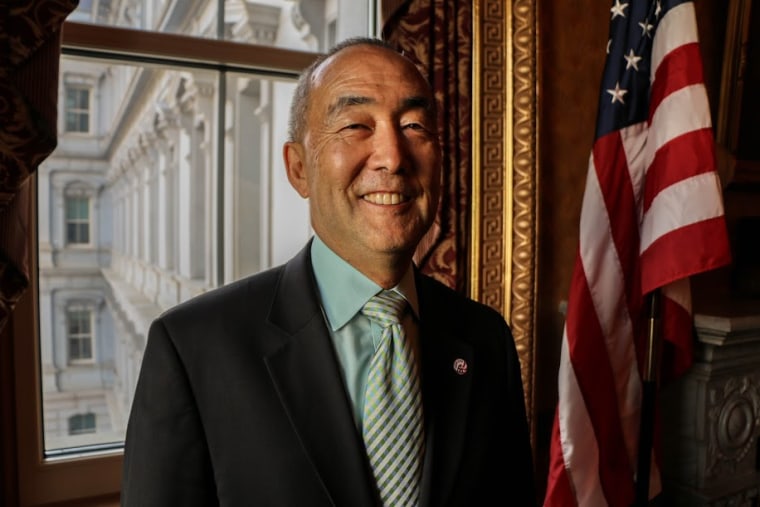
Susumu Ken Yamashita, 63
Associate Director, Office of Global Operations, Peace Corps
Hometown: Sarasota, Florida
How did you get here?
I have been interested in development ever since I attended grad school. I have been blessed with the opportunity to serve the U.S. government as a foreign service officer for over 20 years. Our government’s sustained commitment to provide humanitarian, economic, and social assistance to countries worldwide has been a source of continued motivation for me. As I think about the end of my career, I would like to share my experiences and to encourage future generations of professionals to stay engaged in international affairs and in development. This is why I am so fortunate to be where I am now, at Peace Corps. The Volunteers and the staff are the future of the U.S. engagement in international affairs. They are a remarkable group of men and women and it gives me great optimism of the future of the U.S. in this increasingly complex global context.
Who or what has been the greatest influence on your career?
First and foremost are the women, children and men all around the world that show remarkable resilience while facing overwhelming odds against hunger, illness, poverty, and social strife. In community after community, country after country, I have been humbled by the optimism, the resilience, and the gratitude that individuals show towards our support and assistance.
What do you consider your greatest accomplishment during the Obama administration?
I can point to three. When I was the USAID Director in Colombia, (2009 – 2011) the incoming government of President Santos asked for our assistance in framing the philosophy of a rights-based peace and development process. Our support resulted in a human rights legislation which President Santos walked to Congress immediately after he was sworn in as President. Another achievement (also Colombia) was the design of the first-ever assistance program specifically targeting Afro-Colombians and Indigenous populations. Whereas many programs supported these underserved populations, there never had been a specific program. It was rather controversial, but I am proud to have been involved in its inception. Lastly, in Afghanistan (2011-2014) while I was the USAID Director, we designed the first-ever, women’s empowerment program. As in Colombia, in Afghanistan there had been many efforts to support women’s empowerment, but none that were unique, and none that were this ambitious. It is the largest USAID supported women’s empowerment program in the world. I am very proud that I was the leader of our team at the time.
Can you describe your time working for the Obama administration in 10 words?
I can describe it in one word: Inspiring. Why? – In all my travels and work on development around the world, the most important thing that we leave behind are not the funding amounts, the programs, or the buildings. It is the values that drive us as a nation. Our recipients and beneficiaries watch what we do, watch our behavior. I am inspired daily by the values that President Obama reflects – perhaps even more as a person than as a President. He is inspiring.
Complete the sentence: “When I’m not working, I…”
am with my family. My wife, kids, and grandchildren.
Follow NBC Asian America on Facebook, Twitter, Instagram, and Tumblr.